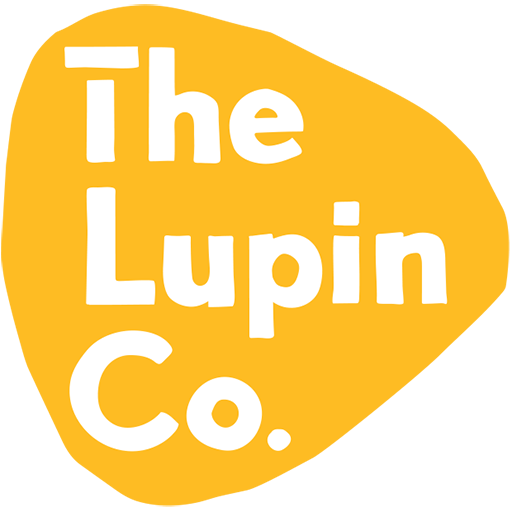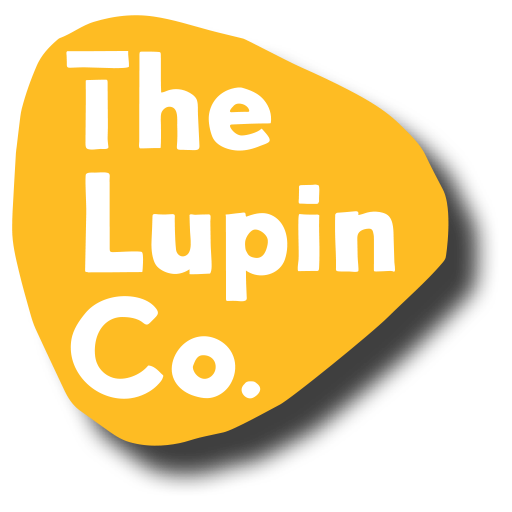Health
Lupin is an allergen. Really?!
Lupins have been consumed by humans for thousands of years, particularly in Southern Mediterranean countries and in the Andes.
Did you know that the Roman Legions marched on their long journeys with soaked Lupin beans in a leather pouch hanging from their belt? What a great source of handy vital protein to sustain them over their long trek.
So, if Lupin is an allergen should it be included in the diets of today?
Did you know that commonly eaten everyday foods in your diet are also allergens?
These include eggs, milk, wheat, fish and shellfish, nuts, sesame and soy.
So, if you eliminate all declared allergens from your diet what would you eat?
As long as we are aware of the products that may cause us to have an allergic reaction and we minimise these in our diet, we do not have to forgo the incredible positive benefits of these products.
Lupins have a very low incidence of allergic reactions and occur at a much lower rate than most of the other listed allergens that Australian labelling law requires to be printed on food labels.
Lupin has the highest protein and fibre content of any of the edible plants or seeds commercially available, including quinoa and chia. Lupin also has more iron than kale, more potassium than bananas and more antioxidants than berries. What a unique and beneficial product – in fact, many nutritionists call Lupin the new wonder food.
Lupins are unique in having no gluten and very low carbohydrate and fat. This very low level of fat is predominately in the healthy mono and polyunsaturated form.
Another great advantage of Australian Lupin is that is GM free, unlike most of the soy products available around the world.
Stay tuned for more exciting facts about Lupins.

